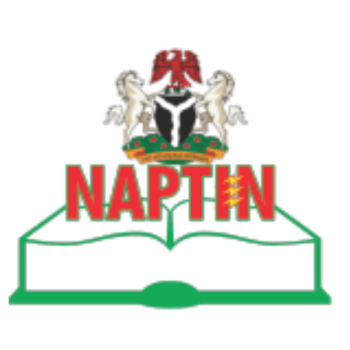Python is a dynamic, interpreted (bytecode-compiled) language. There are no type declarations of variables, parameters, functions, or methods in source code. This makes the code short and flexible, and you lose the compile-time type checking of the source code. Python tracks the types of all values at runtime and flags code that does not make sense as it runs.
Course syllabus
Module 1 - Introduction to Python and Computer Programming
- Python - a tool, not a reptile
- There is more than one Python
- Let's start our Python adventure
Module 2 - Data Types, Variables, Basic Input-Output Operations, Basic Operators
- Your first program
- Python literals
- Operators - data manipulation tools
- Variables - data-shaped boxes
- How to talk to computer?
Module 3 - Boolean Values, Conditional Execution, Loops, Lists and List Processing, Logical and Bitwise Operations
- Making decisions in Python
- Python's loops
- Logic and bit operations in Python
- Lists - collections of data
- Sorting simple lists - the bubble sort algorithm
- Lists - some more details
- Lists in advanced applications
Module 4 - Functions, Tuples, Dictionaries, and Data Processing
- Writing functions in Python
- How functions communicate with their environment?
- Returning a result from a function
- Scopes in Python
- Let's make some fun... sorry, functions
- Tuples and dictionaries
Module 5 - Modules, Packages, String and List Methods, and Exceptions
- Using modules
- Some useful modules
- What is package?
- Errors - the programmer's daily bread
- The anatomy of exception
- Some of the most useful exceptions
- Characters and strings vs. computers
- Python's nature of strings
- String methods
- Strings in action
- Four simple programs
Module 6 - The Object-Oriented Approach: Classes, Methods, Objects, and the Standard Objective Features; Exception Handling, and Working with Files
- Basic concepts of object programming
- A short journey from procedural to object approach
- Properties
- Methods
- Inheritance - one of object programming foundations
- Exceptions once again
- Generators and closures
- Processing files
- Working with real files









